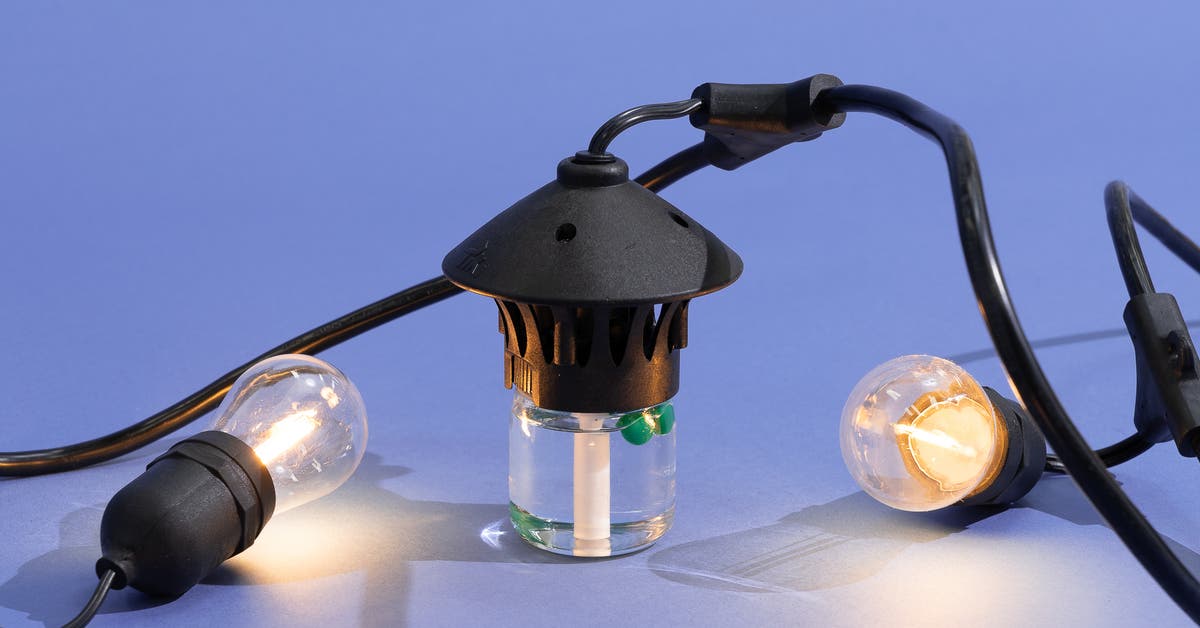As the summer months roll in, so do the mosquitoes, with their annoying buzz and itchy bites. But these tiny pests are more than just a nuisance; they carry serious diseases like Zika, West Nile virus, malaria, and yellow fever, posing significant health risks. Understanding how to control the mosquito population around your home and community is crucial not just for comfort but for health and safety as well. Various strategies, including eliminating breeding grounds, using repellents, and understanding mosquito behavior, can significantly reduce their numbers and the threat they pose.
Starting with the basics, controlling mosquitoes means disrupting their life cycle—preventing them from breeding. Since many mosquitoes lay their eggs in standing water, eliminating these water sources dramatically reduces the next generation of pests. Turn over or remove containers like buckets, tires, and toys that can collect rainwater. Drilling holes in the bottom of recycling bins and trash cans ensures that any water that does collect will drain away. Regularly clean out gutters and change the water in bird baths to inhibit mosquito breeding. For containers of water that cannot be drained, such as ornamental ponds, products containing larvicides can control mosquito larvae without harming other wildlife.

- Implementing strategies to prevent mosquitoes from multiplying is a vital step in mosquito control. Source: nytimes.com
Not all mosquitoes are the same, which means identifying the species in your area can help tailor your mosquito control strategy. Whether they’re the type that prefers to lay eggs in stagnant water or damp soil can determine the best course of action. Calling a local mosquito control district or consulting an online public works database can provide this crucial information. Additionally, knowing mosquitoes are most active during dawn and dusk can dictate the best times to employ protective measures, such as wearing long sleeves and using EPA-approved repellents on your skin.

- Local mosquito control initiatives play a key role in tailoring effective strategies against different mosquito species. Source: nytimes.com
Speaking of repellents, ensuring your living spaces—both indoors and outdoors—are fortified against mosquitoes is essential. Lighting candles or using mosquito-repelling lanterns that contain essential oils such as citronella, lavender, and eucalyptus can keep mosquitoes at bay when enjoying evenings on your patio or in your garden. Spatial repellents like Thermacell devices offer a more high-tech solution, creating a mosquito-free zone without the need for sprays or lotions on your skin. For a natural approach, consider planting mosquito-repellent plants like marigolds, catnip, and lavender around your leisure or entertainment areas, combining aesthetics with functionality.

- Equipping with the right mosquito control gear is essential for effective protection against mosquito bites. Source: nytimes.com
Despite your best efforts, it’s nearly impossible to eliminate all mosquitoes. However, regular use of personal repellents containing DEET or picaridin and treating clothing with permethrin can significantly reduce your chances of getting bitten. For areas where water collection is unavoidable, integrating mosquito traps and regularly inspecting your property can help mitigate future infestations. By incorporating these methods and staying diligent, you can enjoy the warmer months with less worry about the health risks and irritations mosquitoes bring. Embracing community-wide efforts can further amplify the effectiveness of these strategies, making your neighborhood a less inviting place for mosquitoes to breed and thrive.
